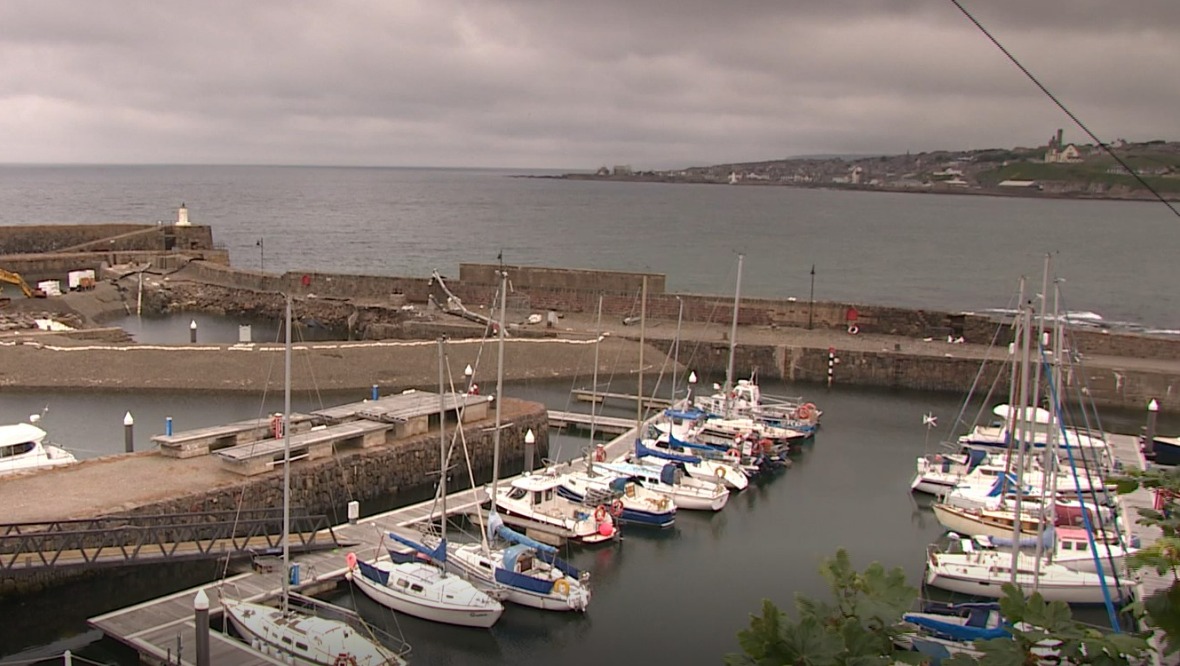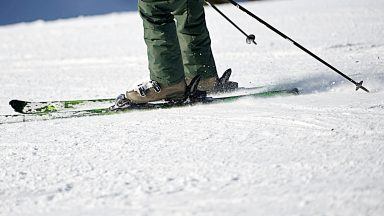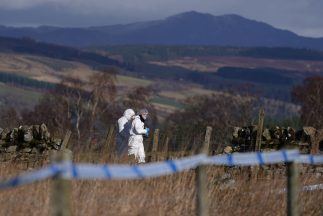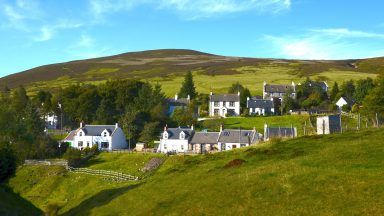Leading representatives of Scotland’s fishing industry have warned that plans to introduce new conservation zones at sea will have a “catastrophic” impact.
The newly-proposed Highly Protected Marine Areas (HPMAs), which are currently under consultation, would close at least 10% of the seas around Scotland.
It means commercial and recreational fishing would be banned in those zones.
Scotland’s existing network of Marine Protected Areas (MPAs) already covers approximately 37% of its seas.
Scottish Government ministers insist they will conserve marine ecosystems, while continuing to provide economic and social benefits.
However, the Scottish Fishermen’s Federation (SFF), which represents Scotland’s fishermen’s associations, said HPMAs will have a “catastrophic impact” on the industry.
Members said the current plans “lack ecological justification and were being introduced for purely political reasons”.
SFF chief executive Elspeth Macdonald said the Scottish Government’s blue economy plans “have been hijacked by the Greens and will push the fishing industry into the red”.
“On top of the existing spatial squeeze caused by the dash to build huge offshore windfarms with little consideration for their impact on fisheries, the (Scottish) government wants to close a further 10% of our waters to fishing vessels – with no evidence whatsoever that doing so will achieve ministers’ vague conservation aims, nor any attempt to understand the effect of displacing the fishing fleet,” she said.
“The underlying assumptions are that fishing is damaging to the environment and stocks are degraded.
“Neither is justifiable, and in fact the government’s own indicators show that sustainability of commercially fished stocks is on a continuing upwards trend.”
The SFF said it fully supports conservation and has been an active and supportive partner with the government in developing the existing MPA network.
Instead of entirely dismissing the concept of HPMAs, the group has proposed that two pilot areas are designated to allow the Scottish government and stakeholders to work together to assess their impact, which SFF said needs to be fully understood before further areas are restricted.
It said in England, three HPMAs covering just 0.53% of English waters are to be trialled as pilots.
“SFF is urging the Scottish Government to have a radical rethink on this and at very least accept our alternative proposal for two pilot projects to assess the need, practicalities and costs/benefits in a proper scientific manner,” Ms Macdonald said.
“As they stand, the proposals will have a catastrophic impact on the fishing industry and our coastal communities that depend on it for jobs and income.”
SFF’s views come after waves of criticism from fishing bodies and island communities in Scotland, including the Scottish Creel Fishermen’s Federation and Shetland Fisherman – which have both voiced their opposition to the plans.
Western Isles local authority – Comhairle nan Eilean Siar – also said it will strongly oppose HMPAs last week.
Shetland Islands Council depute leader Gary Robinson described the new proposals as “potentially devastating”, adding “it’s essential that the council makes a strong representation against the imposition of highly protected marine areas around Shetland”.
A Scottish Government spokesperson said: “We are currently at the early stages of consulting on the principles which will inform our overall approach to the future development of HPMAs and how sites will be identified and selected.
“As this work progresses, we will be working closely with the fishing industry and other marine users.”
The closing date for responding to the public consultation is April 17.
All forms of fishing, including catch and release angling, would be banned in a HPMA, according to the draft guidelines.
Seaweed harvesting is also in line for the chop, and there is a proposed total ban on shellfish cultivation in these areas.
Also within HPMAs, no new marine renewable energy schemes would be allowed and there would be restrictions around the laying of subsea cables.
Follow STV News on WhatsApp
Scan the QR code on your mobile device for all the latest news from around the country


 STV News
STV News























